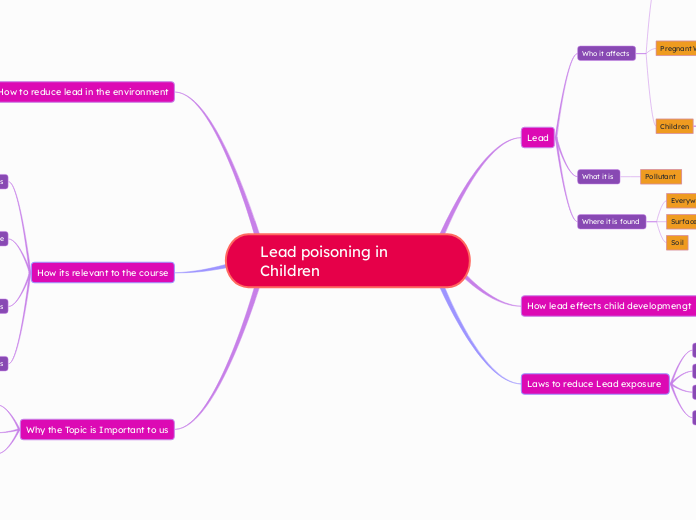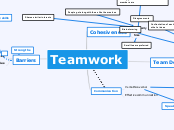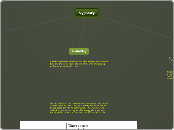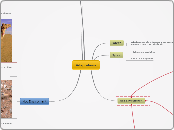Lead poisoning in Children
Why the Topic is Important to us
Value Childrens Health
Previous knowledge
Learning about illnesses and diseases
Major in Child Development
Will work with children in the future
How its relevant to the course
Chaoter 13 Laws and Regulations
RCRA
CWA
Chapter 12 Human Health Risks
Kidneys
Memory
Headaches
Chapter 4 Environmental disease
route of disease transmission
Chemical hazards
Health
Chapter 5 Toxins
Impacts childrens development
Impacts red blood cells
How to reduce lead in the environment
Identify and Remove Lead in Homes
Remove lead based paint
Sanitize toys and Surfaces
Eat a Healthy Diet
Test drinking water
Wash Hands Properly
Reduce chance of oral ingestion
Laws to reduce Lead exposure
Resource Conservation and Recovery Act
Regulate transport, disposal, and storage of hazardous materials
Clean Water Act
Maintain clean water supply
Control pollution of water
Lead Rennovation, Repair, and Painting
Safe work practices to reduce lead dust
Toxic Substances Control Act
EPA regulates Hazardous Materials
How lead effects child developmengt
Physical Development
BMI
Intellectual Development
Academic Performance
Test Scores
Behavioral Issues
Lead
Where it is found
Soil
Surfaces
Everywhere
What it is
Pollutant
Who it affects
Children
behavioral problems
Nervous system
Physical growth
Intellectual
Pregnant Women and Fetus
miscarriage
stillbirth
lead spreads through breastmilk
Adults
kidney issues
high blood pressure
Fertility









